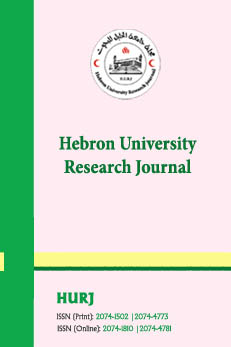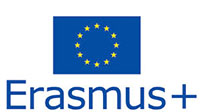Governance
Hebron University stands as an esteemed institution of higher education, located in the vibrant city of Hebron, Palestine. The success and effective functioning of any university are intricately tied to its governance structure. Governance at Hebron University encompasses the systems, processes, and individuals responsible for decision-making, policy formulation, and overall direction of the institution. Understanding the governance of Hebron University and its importance is paramount in ensuring the university's growth, sustainability, and academic excellence.
The Central Legal Clinic brings together students from all three law specializations - Public Law, Private Law, and Jurisprudence & Law - for the purpose of providing pro bono advice for needy marginalized groups, permitting students to actively practice law in mock situations before their graduation. The 12 sub-clinics are an essential component of the law department; conducting field research, making policies, holding conferences, networking with governmental, international, and local bodies, as well as essential rights activism.
Student Union
Elections for the Student Union Council at Hebron University
Today, at 8:30 am, the elections for the Hebron University Student Union Council for the 2023 session began, as the number of voters reached (4011) out of the total number of university students who are entitled to vote, amounting to (7459), with a rate of 53.7% in the election of four student blocs distributed as follows:
Results of Hebron University Student Union Council elections in detail
The Deanship of Student Affairs at Hebron University announced the results of the Student Union Council elections, which were held amid competition between 4 student blocs.
The Dean of Student Affairs at the university, Salah Shrouf, said, in a press conference held at the university to announce the results, that four student blocs ran in the Student Council elections, namely: the Martyr Yasser Arafat bloc, the Islamic bloc, the Free Homeland bloc, and the Student Struggle bloc, to compete for seats in the Council Conference. Student Union of 41.
The Department was established in 1999 to make education more accessible to the public, and to provide the public and private sectors with well- trained and qualified graduates and trainers according to the needs of the local and regional market.
Vocational Education is one of the most important pillars of the programs offered by the CED. Since its establishment in 1999, the department has been developing professional programs that meet the needs of the market and open opportunities for students, who have not been fortunate enough to enroll in Palestinian universities, to obtain vocational education that will enable them engage in the labor market
The Department of Continuing Education and Community Development include the following administrative departments:
- The Centre for Rehabilitation and Empowerment.
- Continuing Education.
A training course at Hebron University on women's rights
The Faculty of Law and Political Science at Hebron University organized, through legal clinics, in cooperation with the Women's Center for Legal and Social Counseling, a training course on "Women's Rights: Human Rights" with the aim of qualifying a selected group of law students capable of defending women's rights at the local and international levels. The intensive course lasts for four days and trains a number of specialists in the field of international law and women's rights, including lawyer Rawan Obaid and lawyer Luna Erekat from the Women's Center, and social worker Amal Al-Jubeh, director of the Women's Center in Hebron Governorate.
Media Department wins second place in "Right of Access to Information Competition
The Department of Information won second place at the level of the media services of Palestinian universities participating in the Right of Access to Information Competition in its short film "Information is Protection," which is organized by An-Najah National University with the participation of the Metropolitan University of Oslo.
The film also came first on the list of visual works presented to the competition.
The short film was co-produced by 14 male and female students from the media department and the filming, acting and montage were completed in just 48 hours
In the context of their efforts to promote media freedoms and civil and political rights in Palestine, the Media Department and the Independent Commission for Human Rights organized a seminar entitled "Media Freedoms in the Light of the Information Society"





